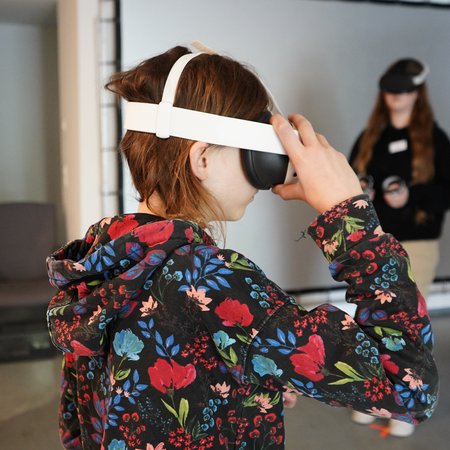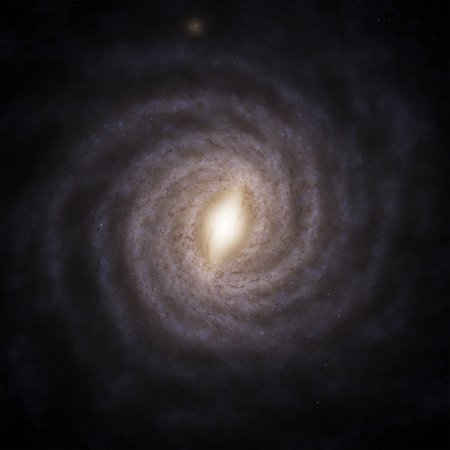Technology from Potsdam for the World’s Largest Telescope
Two high performance instruments from Potsdam-Babelsberg arrived at the Large Binocular Telescope (LBT) in Arizona, the largest reflector telescope in the world. The so-called PFUs (Permanent Fibre Units) provide both telescope control and the transmission of starlight collected via the telescope mirror to the spectrograph PEPSI (“Potsdam Echelle Polarimetric and Spectroscopic Instrument”).
The PFUs were developed and constructed entirely by scientists, engineers and technicians of the Leibniz Institute for Astrophysics Potsdam (AIP) in Babelsberg. The two car-sized control elements were installed on the observation platform of the telescope following their successful transport and delivery to the 3,200-meter altitude location in Arizona. At the end of November, the highly sensitive optics will receive their “first light”. The PFUs will allow the spectrograph PEPSI, which is still being constructed at the AIP workshop, to be operational and available for research from around the world for the first time.
Professor Klaus G. Strassmeier, Head of Project PEPSI & PFU and one of the directors of the AIP: “The two PFUs are designed to lead the starlight from the two 8.4 meter diameter LBT primary mirrors into two microscopically thin fiber optic cables with a diameter of only 0.1 millimeter. In all telescope positions and all weather conditions, every spectrum of light, from ultraviolet to infrared, will flow through the PFUs throughout the entire night without losing a photon – or at least far fewer.”
Three different fiber optic bundles are available for use by researchers and in the end determine the resolution of the PEPSI spectrograph. PEPSI and the two PFUs are able to reach a resolution corresponding to one one-hundredth of the diameter of an atom.
Thanks to the electronic and optical composition of the PFU’s interior, it is also possible to compensate for aberrations caused by the gravitational and thermic deformation of the two large primary mirrors (the so-called “Active Optics”). Additionally, the Potsdam instruments improve the tracking of the telescopes. It is necessary to adjust telescopes, compensating for the rotation of the Earth in order to keep observed objects in focus. PEPSI project scientist Dr. Ilya Ilyin: “In order to guarantee accurate tracing, the PFUs transmit a portion of the collected starlight through an assortment of special beam splitters to two CCD Sensors (Charged Coupled Device)”. The CCD Sensor is a highly sensitive light sensor, which can detect minute changes in brightness and shifts in position and thereby keep the object of stellar observation in focus in “real time”.
Images
The PFUs are mounted at the LBT.
Big screen size [1000 x 750, 200 KB]
Original size [1600 x 1200, 420 KB]




